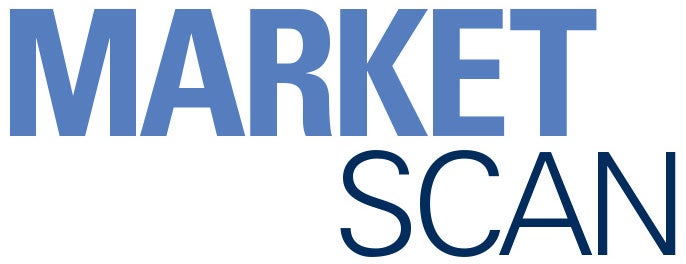

Lack of Data Sharing with Digital Health Impedes Innovation
 Health care organizations are making greater use of digital systems like electronic health records, telehealth and artificial intelligence, but most don’t regularly share data outside their organizations, creating barriers to high-quality care and impeding innovation. That’s one key takeaway from Royal Philips’ recently released Future Health Index 2019 report exploring both the progress and shortcomings of digital health.
Health care organizations are making greater use of digital systems like electronic health records, telehealth and artificial intelligence, but most don’t regularly share data outside their organizations, creating barriers to high-quality care and impeding innovation. That’s one key takeaway from Royal Philips’ recently released Future Health Index 2019 report exploring both the progress and shortcomings of digital health.
The report, based on a survey of more than 15,000 individuals from 15 countries, including nearly 3,200 health care professionals, found that 80% of respondents share records with other professionals in their facility while only 32% share with others outside their systems.
This comes in spite of the respondents' general appreciation of digital health records: 69% said that the records improved quality of care; 64% said they had a positive impact on health care professionals’ satisfaction; and 59% said they improve patient outcomes.
The study also found that reciprocal data sharing is not the norm when patients capture key indicators of health via digital health devices or mobile health apps. While more than 40% of health care professionals often or always advise patients to track their blood pressure, physical activity and weight with digital devices, only about 10% of health care professionals say that most or all of their patients share these data with them.



